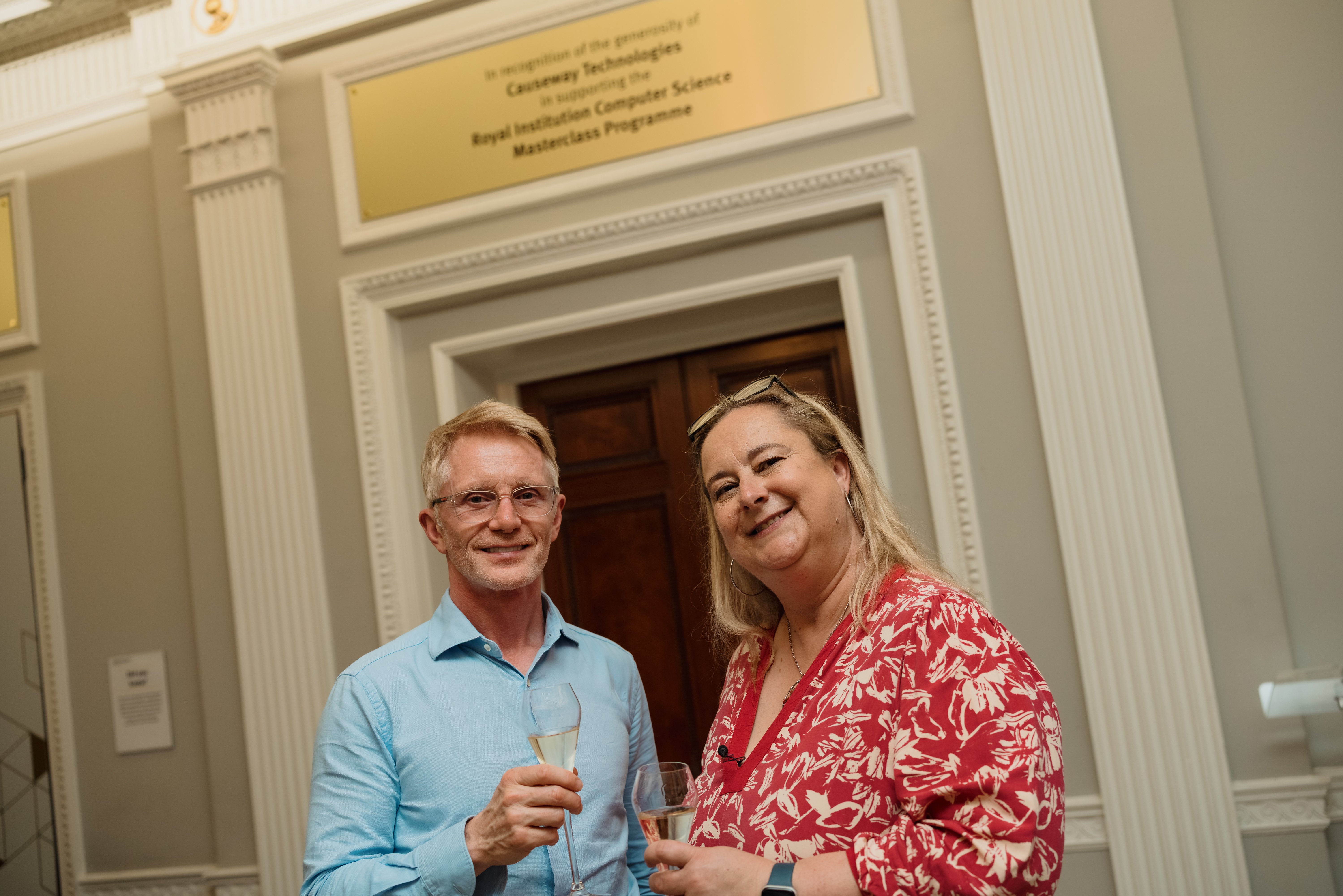South Tyneside Council has revolutionised its highways asset management by seamlessly integrating Causeway Horizons and Causeway Alloy, achieving improved efficiencies, streamlined workflows, and unlocking £4.5 million in additional capital investment.
The Challenge
South Tyneside Council faced a common challenge among local authorities: bridging the gap between strategic asset management and operational delivery.
Historically, the council struggled with limited budget provision for critical maintenance activities and efficient prioritisation of resurfacing schemes. This created a risk of fragmented service delivery and missed opportunities for securing additional funding.
The Solution
By adopting an integrated approach using Causeway Horizons and Causeway Alloy, South Tyneside Council created a closed-loop system where strategic planning and operational execution worked hand-in-hand. Causeway Horizons provided a strategic, data-driven five-year works programme, identifying and prioritising schemes based on condition surveys and local value management criteria. Through a seamless API integration, defect data captured operationally in Causeway Alloy — including linear, area, and clustered defects — was fed directly into Causeway Horizons nightly, enhancing prioritisation without manual intervention. Proposed schemes from Causeway Horizons were pushed into Causeway Alloy for operational validation, enabling on-site adjustments, real-time updates, and mobile inspections. Completed works were automatically pushed back into Causeway Horizons, keeping strategic records current and informing future programme development.
The combined use of Causeway Alloy and Causeway Horizons enabled South Tyneside to unify strategic and operational asset management activities, driving a more effective and efficient delivery model.
The Outcome
This connected asset management approach delivered tangible results:
- £4.5 million additional capital secured over three years, including £1 million per year for main maintenance and an additional £500,000 annually for targeted works such as concrete bay replacements.
- Faster and more flexible works programming, allowing schemes to be brought forward or deferred efficiently.
- Significant reduction in manual processes, eliminating the need for external GIS site plan creation.
- Enhanced operational efficiency through mobile inspections, streamlined job ticketing, and automated works-done reporting.
- Improved resilience and strategic clarity, ensuring capital investments were evidence-based and aligned to real-world conditions.
Conclusion
South Tyneside Council’s integration of Causeway Horizons and Causeway Alloy has set a new standard for connected asset management. By unifying strategic planning and operational delivery, the Council has maximised its funding opportunities, improved service resilience, and enhanced its ability to deliver high-quality highway services for residents. This collaborative, data-driven approach continues to inform and strengthen the Council’s long-term asset management strategy.


.jpg?width=3333&height=1875&name=8222_Website_promo_AW5%20(1).jpg)
